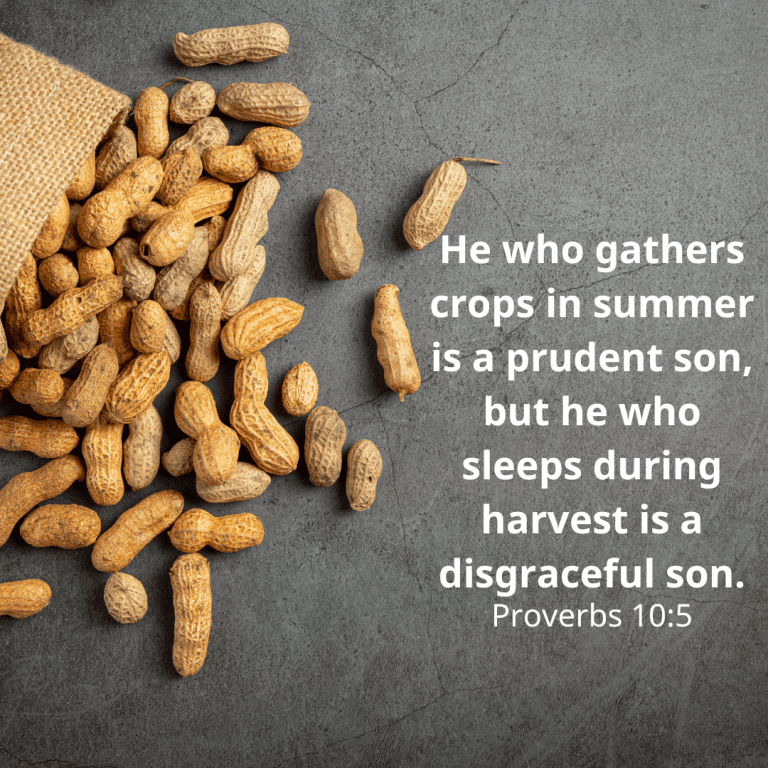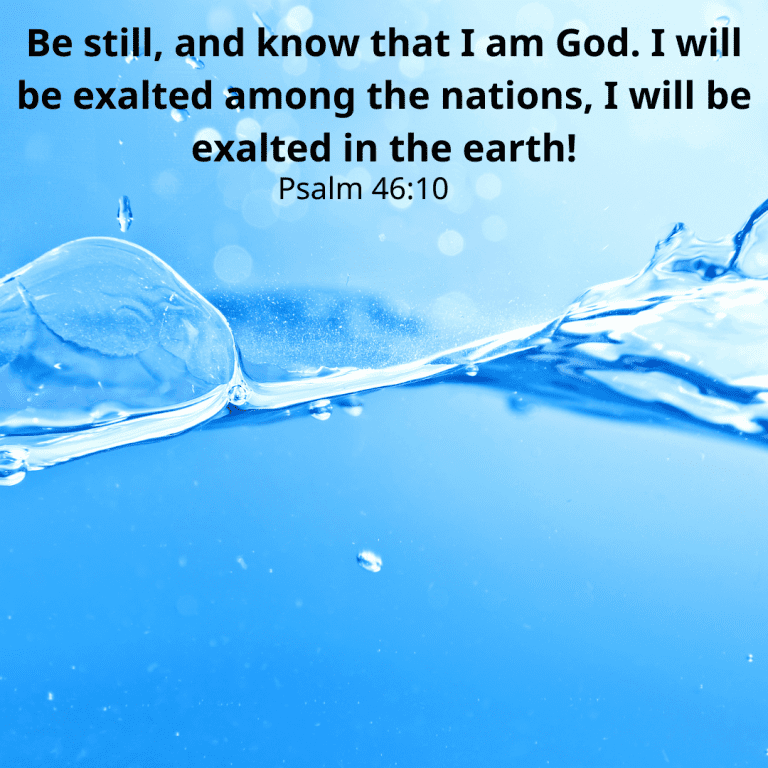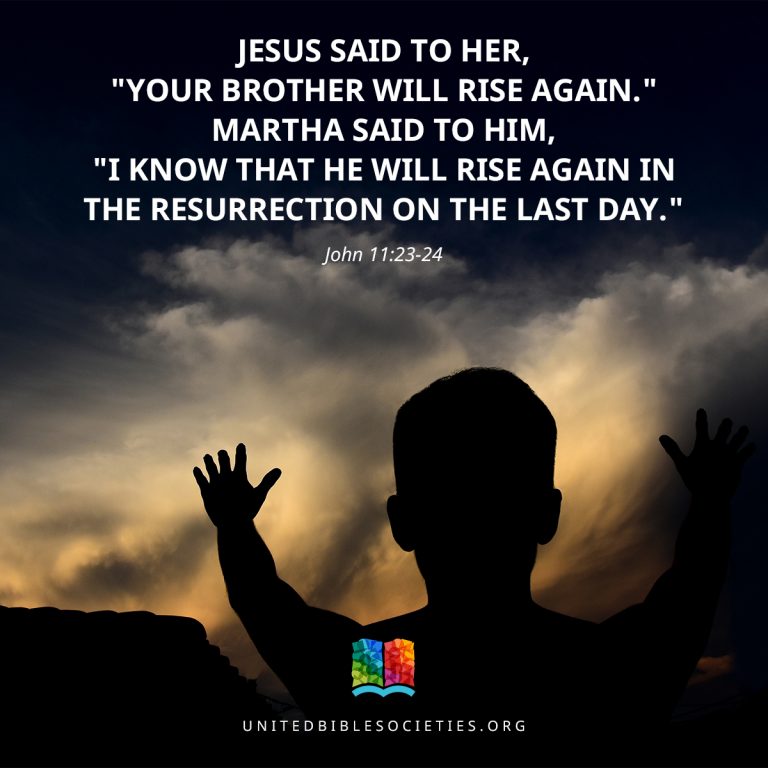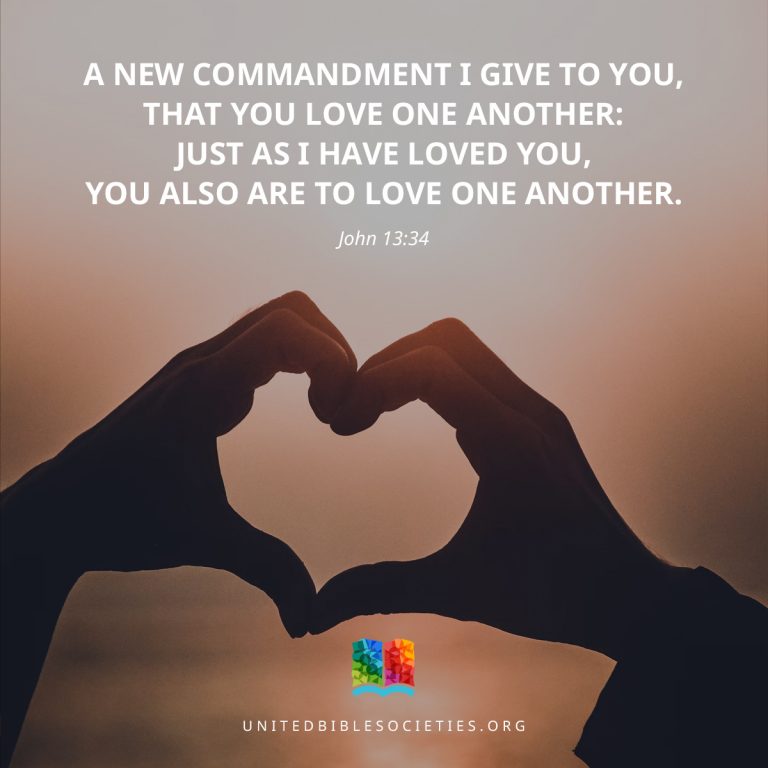Ŋen ŋə-Yesu na Nikəḏimus
1 Maje gafo gənəŋ g-Alfarisiyin gəbërnia Nikəḏimus, gënəŋu gaɽo eləŋ g-Alyawuḏ. 2 Gënəŋu gabəɽo Yesu nano uləŋgi nəŋəmeiṯi ṯa, “Ya Rabbi ñagaləŋeṯaŋa ṯa agaɽo. Ed̶a gəbërrəŋaid̶ia ŋen igi geṯo Rəmwa nano, ŋen ŋanṯa ed̶a gero gənəŋ gəɽwad̶aṯa gəbəd̶ia aŋwara isi agəbəd̶ia, illi ndə Rəmwa lafəldəga.”
3 Yesu nəŋəmalwaɽəṯi ṯa, “Đeṯəm, d̶eṯəm, igaŋəlwaɽəṯia ṯa, ed̶a gero gənəŋ gələŋənia gəmaijən gaber gəɽwad̶aṯa gənwana ŋələŋe ŋə-Rəmwa.”
4 Nikəḏimus nəŋəmeiṯi ṯa, “Fəṯau ed̶a gəɽo uṯëɽi gəɽwad̶aṯa gələŋənia? Ed̶a gaɽwad̶aṯa gəbënṯia ləŋgen egare təŋ oro aŋələŋəni təŋ?”
5 Yesu nəŋəmeiṯi ṯa, “Đeṯəm, d̶eṯəm, igaŋəlwaɽəṯia ṯa, ndə ed̶a gənəŋ gero gələŋənia eŋau na ig-Usila gënəŋu gaber gəɽwad̶aṯa gəbënṯia eŋələŋe ŋə-Rəmwa. 6 Ed̶a gələŋənu egaŋəno gënəŋu gaɽo aŋəno na ed̶a gələŋənu ig-Usila gënəŋu gaɽo usila. 7 Gerṯe agirəwano eŋen igəlwaɽəṯiaŋa ṯa d̶eṯəm ŋələŋəni agəmaijən. 8 Đəbera d̶ura eŋen ŋəlëɽəŋu na ṯəŋano olia gəlëɽəŋu, orn nəŋaijəbeṯe alo ṯa d̶eṯo ŋga na d̶abəṯa ŋga, na led̶a pred̶ lələŋənu ig-Usila larno ṯia.”
9 Nikəḏimus nəŋəmuɽəbiṯi eŋen ṯa, “Ŋen iŋi ŋid̶i aŋəfeṯe ṯau?” 10 Yesu nəŋəmuɽəbiṯi eŋen ṯa, “Aganəŋa agaɽo ed̶a gəbërrəŋaid̶ia ŋen galo y-Israyil, orn agaijəba ŋen iŋi? 11 Đeṯəm, d̶eṯəm, igaŋəlwaɽəṯia ṯa, nanda ñagaɽwata ŋen iŋi ñagələŋeṯo na ñagaməd̶aṯa ŋen iŋi ñagəseicu, orn ñaganəñaŋ ñaganed̶o ŋen eŋaiñ. 12 Ndə igəlwaɽəṯənde ŋen ŋəlaŋge lalo na nəñerṯe ñabəŋënṯia, ŋen ŋafəṯau ñagid̶i ñaŋënṯi, ndə igəndəlwaɽəṯia ŋen ŋəlaŋge lelo? 13 Ed̶a gero gənəŋ gabwoṯwa elo illi Id̶ia gə-Led̶a igi girəwu elo.”
14 Ŋen ŋarno Musa gëɽu rəmwa reicia elo ed̶əñwa, ṯia com ŋen d̶eṯəm Id̶ia gə-Led̶a gid̶i aŋëɽəni elo, 15 nṯia ṯa ed̶a gənəŋ gëndu ŋen ŋəlëɽəŋu araga, gid̶i aŋerṯe d̶əməṯia d̶əbəɽəbəte. 16 Ŋen ŋanṯa Rəmwa rabwa led̶ala lalo kaiñ, nṯia ndrəd̶waṯe Id̶ia gəlëɽəŋu gonto ŋen ŋanṯa ed̶a gənəŋ gëndu ŋen ŋəlëɽəŋu gaber gid̶i aŋəməndëd̶əni orn aŋerṯe d̶əməṯia d̶əbəɽəbəte. 17 Nṯia Rəmwa rad̶waṯo Id̶ia gəlëɽəŋu alo gerṯe ṯa aŋakəme alo orn ṯa alo aiyëbərni gënəŋuga.
18 Ed̶a gənəŋ igi gëndu ŋen ŋəlëɽəŋu gaber gid̶i aŋakəməni kwai kwai, orn ed̶a gero gəbëndia ŋen ŋəlëɽəŋu gënəŋu gakəmənu d̶əge ŋen ŋanṯa gero gəbaŋënṯia Id̶ia gə-Rəmwa igi gəɽo gonto. 19 Fəŋu d̶akəmia id̶i, ṯa arrerre geṯo alo, na led̶a lwonaṯa ŋərəmia laməñaṯo arrerre ŋen ŋanṯa ŋəmëɽria eŋen ŋeicia. 20 Ŋen ŋanṯa led̶a pred̶ ildi ləbəd̶ia ŋen ŋeicia laber lwonaṯa arrerre, na lënəŋulu laber leṯo egarrerre lomanəŋ ṯa ŋen eŋen aŋerṯe ŋələŋinia. 21 Orn ed̶a gəbəd̶ia ŋen ŋəd̶eṯəm jaica geṯo egarrerre, ṯa ŋen ŋəlëɽəŋu aŋələŋini ṯa ŋen iŋi ŋid̶ənu d̶aməd̶aṯad̶a d̶ə-Rəmwa.
Ŋen ŋə-Yesu na Yuanna igi gənanaid̶ia mamuḏiya
22 Nṯia d̶əge Yesu na ṯaləmis ilëɽəŋu ldabəṯa alo Yuḏiya, na gënəŋu ldəɽaŋəlda tu ñoman ñəmaṯan nəŋənanaice led̶a mamuḏiya. 23 Yuanna com gafo gananaica led̶a mamuḏiya alo y-Anun, alo yafo Salim ṯwaiñ, ŋen ŋanṯa ŋawa ŋwama kaiñ alo isei. Na led̶a iderlda ldənaneini mamuḏiya. ( 24 ŋen iŋi ŋafo liga Yuanna gəmulu gəbëɽənia isijən).
25 Na ŋen ŋatwod̶o ŋəd̶əgerd̶ia iṯaləmis ye-Yuanna Alyawuḏya eŋen ŋəd̶ətəɽia. 26 Nṯia ldəɽe Yuanna nano ldəmeiṯi ṯa, “Ya ed̶a gəbërrəŋaid̶ia ŋen, ed̶a igi gegəluŋ ñagəldəgəɽaŋa d̶əbarlda nëiñua d̶-Urḏun, igi agənaicəma d̶aməd̶aṯa, gënəŋu gëni gananaica led̶a mamuḏiya, na led̶a pred̶ lamaninia nano!”
27 Yuanna nəŋəluɽəbiṯi eŋen ṯa, “Ed̶a gero gəɽwad̶aṯa gəma wagənəŋ, illi ndə Rəmwa rəmanaica. 28 Ñaganəñaŋ ñagaɽwad̶aṯa ñagaiñaməd̶aṯa ŋen iŋi egaṯa, ‘Igënəñi egero egəɽia Almasiya, orn ṯa igad̶weinu ŋen ŋəɽənda’. 29 Ed̶a gerṯo ŋere ŋəmənia, fəŋu maje igi gəməd̶ia. Orn d̶appa d̶əmaje igi gəməd̶ia, id̶i d̶əd̶uru ṯad̶əno olia gəlëɽəŋu, d̶ënəŋu nəd̶əŋəreṯe nano kaiñ ŋen ŋanṯa olia gəmaje gəməd̶ia. Nṯia com d̶əŋəra nano d̶əlëɽəñi d̶undeinu nḏəməñaṯe ndëuwər. 30 Đeṯəm gënəŋu aŋoɽreṯe na aŋoɽreṯe orn igënəñi eteṯe na eteṯe.”
Ŋen ŋed̶a igi geṯo elo
31 Gënəŋu igi geṯo elo gaɽənda nëiñua iliji pred̶, gënəŋu igi geṯo id̶ud̶a gënəŋu gad̶ud̶a, gaɽwata ŋen ŋəd̶ud̶a. Gënəŋu igi geṯo elo gaɽənda nëiñua iliji pred̶. 32 Gënəŋu gaɽwata ŋen iŋi gënəŋu gəseicu na gəno orn ed̶a gero gənəŋ gëndu d̶aməd̶aṯa d̶əlëɽəŋu. 33 Ed̶a igi gëndu d̶aməd̶aṯa d̶əlëɽəŋu gabërrəŋaid̶ia ŋen ṯa Rəmwa raɽo d̶eṯəm. 34 Gënəŋu igi Rəmwa rəd̶waṯəma gabëkëɽia ŋen ŋə-Rəmwa ŋen ŋanṯa Rəmwa ramananaica Usila Gətəɽe gəɽiñəd̶einu. 35 Đaṯa gəbwa Id̶iaga na ganaid̶o ŋen pred̶ erəŋ rəlëɽəŋu. 36 Ed̶a gëndu ŋen ŋ-Id̶ia gə-Rəmwa gerṯo d̶əməṯia d̶əbəɽəbəte, orn ed̶a gəned̶o Id̶ia gaber gid̶i aŋəseici d̶əməṯia, orn d̶eiciano d̶ə-Rəmwa d̶əmaɽaŋa nano.
Jesus and Nicodemus
1 There was a Jewish leader named Nicodemus, who belonged to the party of the Pharisees. 2 One night he went to Jesus and said to him, “Rabbi, we know that you are a teacher sent by God. No one could perform the miracles you are doing unless God were with him.”
3 Jesus answered, “I am telling you the truth: no one can see the Kingdom of God without being born again.”
4 “How can a grown man be born again?” Nicodemus asked. “He certainly cannot enter his mother's womb and be born a second time!”
5 “I am telling you the truth,” replied Jesus, “that no one can enter the Kingdom of God without being born of water and the Spirit. 6 A person is born physically of human parents, but is born spiritually of the Spirit. 7 Do not be surprised because I tell you that you must all be born again. 8 The wind blows wherever it wishes; you hear the sound it makes, but you do not know where it comes from or where it is going. It is like that with everyone who is born of the Spirit.”
9 “How can this be?” asked Nicodemus.
10 Jesus answered, “You are a great teacher in Israel, and you don't know this? 11 I am telling you the truth: we speak of what we know and report what we have seen, yet none of you is willing to accept our message. 12 You do not believe me when I tell you about the things of this world; how will you ever believe me, then, when I tell you about the things of heaven? 13 And no one has ever gone up to heaven except the Son of Man, who came down from heaven.”
14 As Moses lifted up the bronze snake on a pole in the desert, in the same way the Son of Man must be lifted up, 15 so that everyone who believes in him may have eternal life. 16 For God loved the world so much that he gave his only Son, so that everyone who believes in him may not die but have eternal life. 17 For God did not send his Son into the world to be its judge, but to be its savior.
18 Those who believe in the Son are not judged; but those who do not believe have already been judged, because they have not believed in God's only Son. 19 This is how the judgment works: the light has come into the world, but people love the darkness rather than the light, because their deeds are evil. 20 Those who do evil things hate the light and will not come to the light, because they do not want their evil deeds to be shown up. 21 But those who do what is true come to the light in order that the light may show that what they did was in obedience to God.
Jesus and John
22 After this, Jesus and his disciples went to the province of Judea, where he spent some time with them and baptized. 23 John also was baptizing in Aenon, not far from Salim, because there was plenty of water in that place. People were going to him, and he was baptizing them. ( 24 This was before John had been put in prison.)
25 Some of John's disciples began arguing with a Jew about the matter of ritual washing. 26 So they went to John and told him, “Teacher, you remember the man who was with you on the east side of the Jordan, the one you spoke about? Well, he is baptizing now, and everyone is going to him!”
27 John answered, “No one can have anything unless God gives it. 28 You yourselves are my witnesses that I said, ‘I am not the Messiah, but I have been sent ahead of him.’ 29 The bridegroom is the one to whom the bride belongs; but the bridegroom's friend, who stands by and listens, is glad when he hears the bridegroom's voice. This is how my own happiness is made complete. 30 He must become more important while I become less important.”
He Who Comes from Heaven
31 He who comes from above is greater than all. He who is from the earth belongs to the earth and speaks about earthly matters, but he who comes from heaven is above all. 32 He tells what he has seen and heard, yet no one accepts his message. 33 But whoever accepts his message confirms by this that God is truthful. 34 The one whom God has sent speaks God's words, because God gives him the fullness of his Spirit. 35 The Father loves his Son and has put everything in his power. 36 Whoever believes in the Son has eternal life; whoever disobeys the Son will not have life, but will remain under God's punishment.






